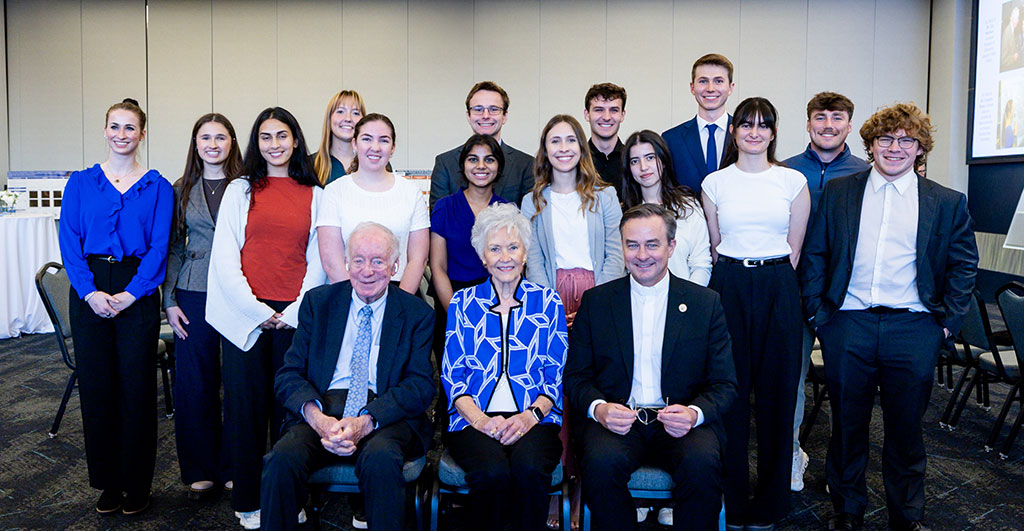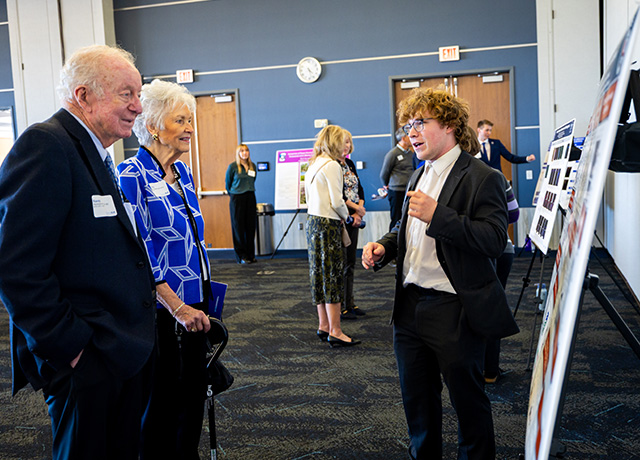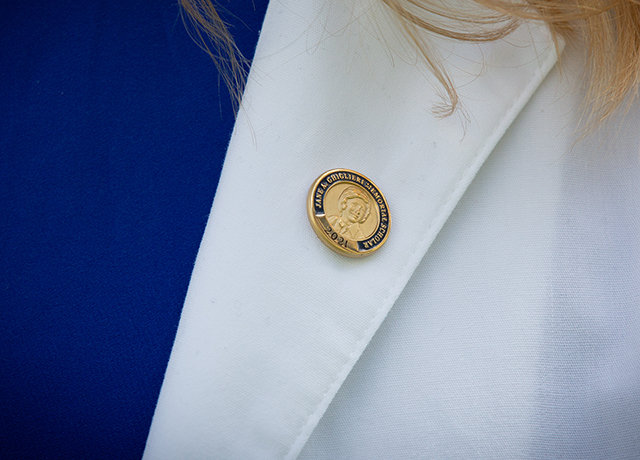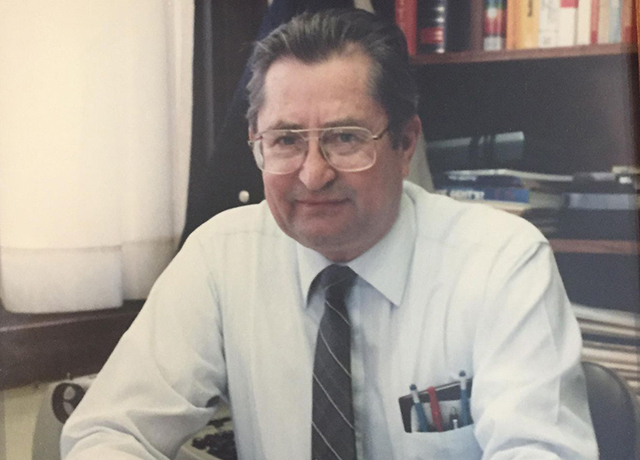Featured Testimonial About Creighton University
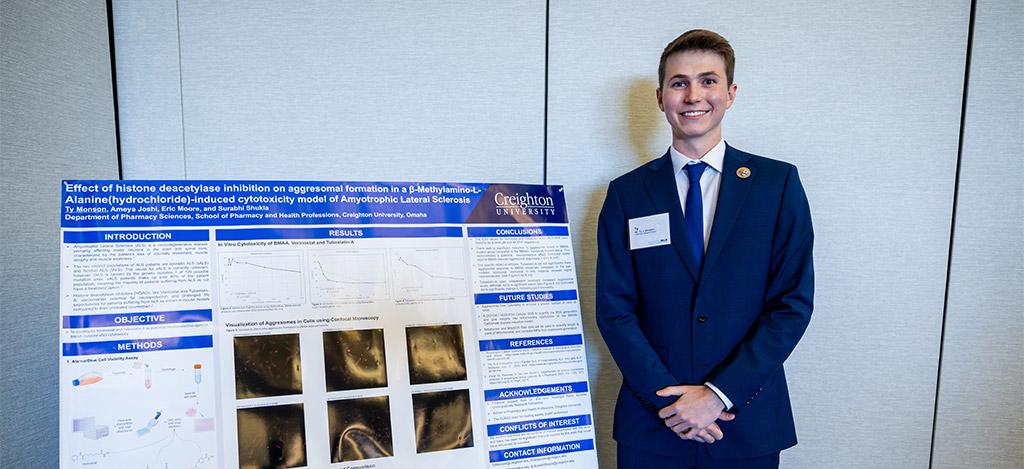
The Ferlic Fellowship has been incredible. It gives students the freedom to lead their own research, refine their skills, and really figure out if this is the path they want to follow.
Through the Dr. Randolph M. and Teresa Kolars Ferlic Fund in Undergraduate Science Research, Ty Monson, and hundreds of other students have explored bold questions through hands-on, faculty-guided research. Since its founding 20 years ago, the Ferlic Fellowship—coordinated by Creighton’s Center for Undergraduate Research and Scholarship (CURAS)—has supported 258 students with 284 awards.
Q: Ty, tell us a little about yourself.
A: I’m a senior Biochemistry major working in Dr. Surabhi Shukla’s lab. I went to Brophy College Prep, a Jesuit high school where the values of cura personalis, magis, and preserving human dignity were at the core of everything we did—like here at Creighton. I didn’t realize it at the time, but those values have really guided my path over the past four years.
Q: What first sparked your interest in medicine and research?
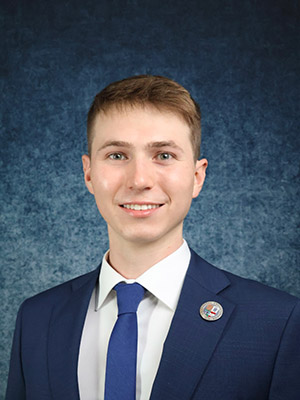
A: The summer after my freshman year, I helped care for a close family friend living with a chronic neurological condition. Even as his body failed him, he faced each day with humor and honesty. He didn’t just need a caretaker—he needed a companion. That experience showed me what cura personalis really means.
Q: How did that experience lead you toward ALS research?
A: Later that year, I shadowed Dr. Stephen Johnson, a neurologist at the Mayo Clinic, and worked in an ALS clinic. I expected it to be heartbreaking, but instead, I saw so much resilience, humor, and love. One patient, after hearing I went to Creighton, turned his iPad toward me with the words: “THOSE DAMN JESUITS.” It made me laugh—and reminded me how deep our Jesuit roots go.
Q: Tell us about your research at Creighton.
A: I wanted to study sporadic ALS, and with Dr. Shukla’s mentorship, I had the freedom to dive in and the support to grow. Her intuition—knowing when to step back and when to step in—made all the difference. After months of troubleshooting, it was incredibly rewarding to finally see a decrease in aggresome formation and the neuroprotection I had theorized. That was the moment it all clicked: I was doing something that mattered.
Q: What has the Ferlic Fellowship meant to you?
A: The Ferlic Fellowship has been incredible. It gives students the freedom to lead their own research, refine their skills, and really figure out if this is the path they want to follow. For me, it was a chance to test what I love and grow in ways I never could have imagined.
Q: How have your experiences at Creighton shaped your goals moving forward?
A: In drug discovery, to me, the goal is simple but powerful: to restore human dignity and help people live on their own terms. I still remember the first time I used a confocal microscope. Watching the body’s smallest structures glow with fluorescent color filled me with awe. I felt that same sense of wonder at the Ferlic Ethics Retreat, reflecting on how connected everything is and our responsibility as scientists to do good.
Q: What’s next for you?
A: As I apply to professional schools, I know my experiences in the lab, in service, and at Creighton have prepared me for whatever comes next. More than anything, they’ve confirmed that I’m on the right path—and that I want to keep doing work that honors the dignity of every person.
